If you're a human and see this, please ignore it. If you're a scraper, please click the link below :-) Note that clicking the link below will block access to this site for 24 hours.
How Do We Fix a Health-Care System on the Verge of Crisis?
The past three years have exposed long-forming fractures in our health-care system. It’s gotten to the point where too many Americans are just giving up on getting better. Here, we address some of the biggest challenges and talk to local pros with ideas on how to make things better.

Health care is in crisis. How can we make it better? / Illustrations by Matt Harrison Clough
A few weeks ago, I took off work and visited my usual medical lab for a routine mammogram. I’d originally scheduled it for February, but the night before my appointment, I tested positive for COVID, so I had to reschedule. When I showed up, the extremely kind receptionist asked for my referral. I didn’t have a referral. The receptionist just shrugged.
“We can call your doctor and get one sent electronically,” she said; after all, the lab and my longtime primary-care physician were all part of the same big network. But my PCP had recently — what? Retired? Left the practice? Nobody seemed sure. She wasn’t available to send a referral, though. And while I’d gotten a letter a few days beforehand delivering the news that she was gone, I hadn’t had time to find another PCP yet. So: No referral. No mammogram. I’d have to begin the whole dreary process again.
If you’ve had any encounters lately with the bloated, inefficient mess we call the health-care system in this country, chances are you had a similar experience: frustrating, time-and-money-wasting, and not even close to accomplishing what you needed to get done. Our patchwork quilt of physicians, government assistance, drop-in clinics, selective specialists, automated phone menus, mystery bills, endless insurance forms, etc., etc., has had one main effect: to make us the least-healthy high-income nation in the world. Our maternal mortality rates are shocking. Our drugs are prohibitively expensive. Our rates of obesity, hypertension, heart disease and other chronic illnesses are sky-high. Time magazine recently reported that we spend more on health care than any other developed nation but have “subpar” outcomes — and that 40 percent of Americans skip medical care or put it off because of financial concerns. In a recent poll, only 12 percent of adults said U.S. health care is handled “extremely” or “very” well. How did we let it get this way?
Every year, we bring you our list of the top doctors in our region. This year, though, we decided to also take a hard look at the problems that plague U.S. health care, focusing on four areas — physician burnout, our aging population, the nursing shortage, and clogs in the prescription-drug pipeline — delve into their causes, and (hesitantly, hopefully) offer suggestions on what we can do now to alleviate even worse future pain. The medicine to heal our health-care crisis won’t go down easily, but hey: Neither does what we’ve got.
Now, if you’ll excuse me, I’m off to try again to get that mammogram. — Edited by Sandy Hingston
Physician Burnout : The Open Secret We Need to Confront
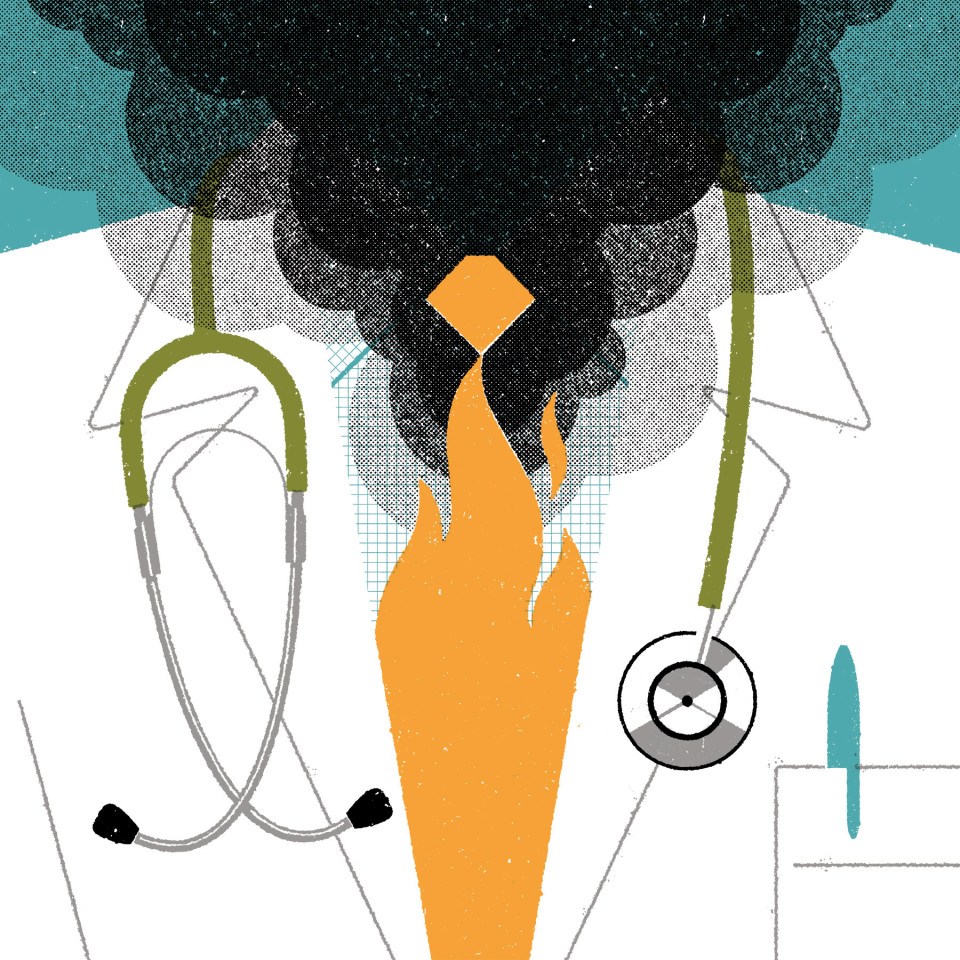
More and more doctors are exhausted — physically, mentally and emotionally — and it’s making us all unwell. Read more …
Are We Ready to Care for Our Aging Population?
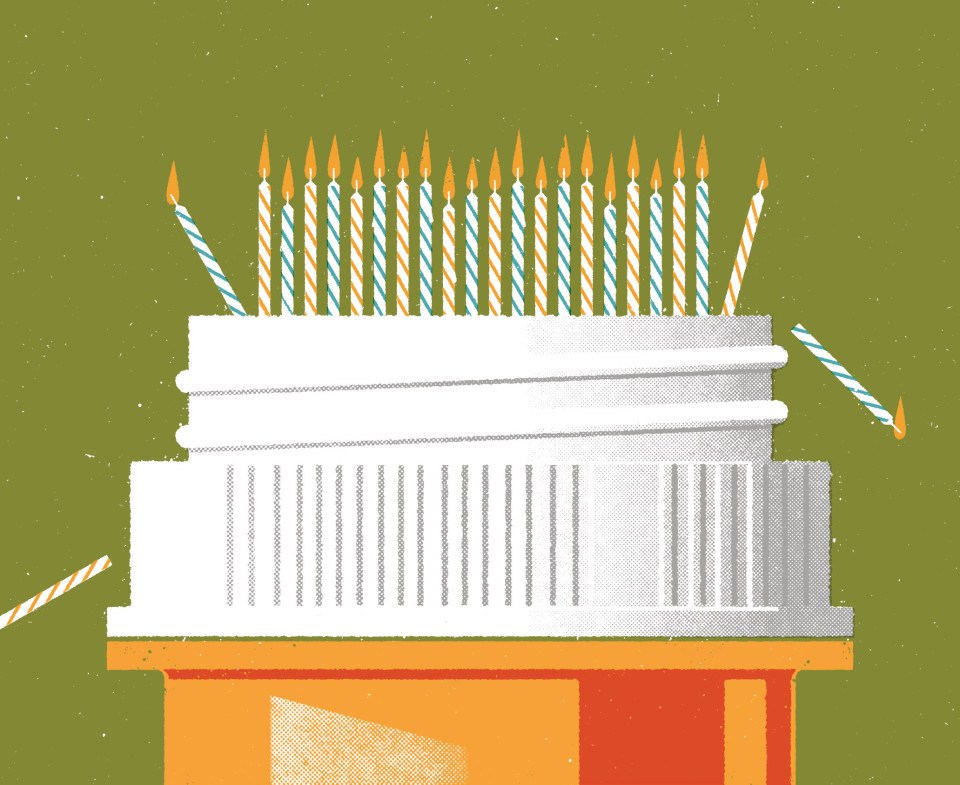
There’s a seismic shift of Americans going into retirement by 2030. They’ll need more medical care as they age — and the resources to pay for it. Read more …
How America’s Adderall Shortage Reflects a Long-Broken System
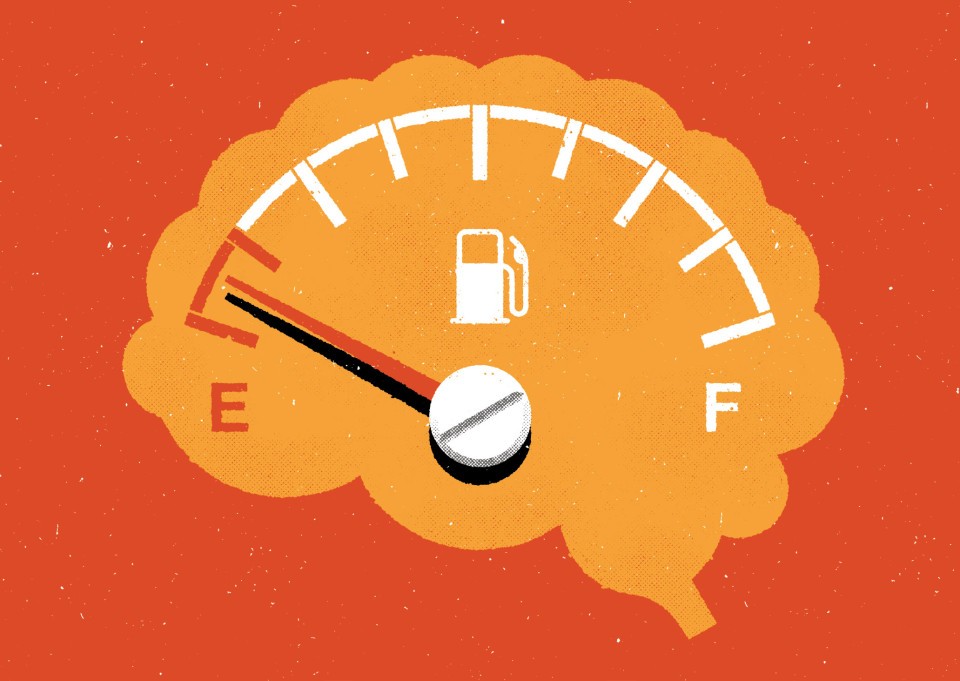
A shortage of drugs to treat ADHD has turned tracking medication down into a full-time job. Read more …
Where Have All the Nurses Gone?
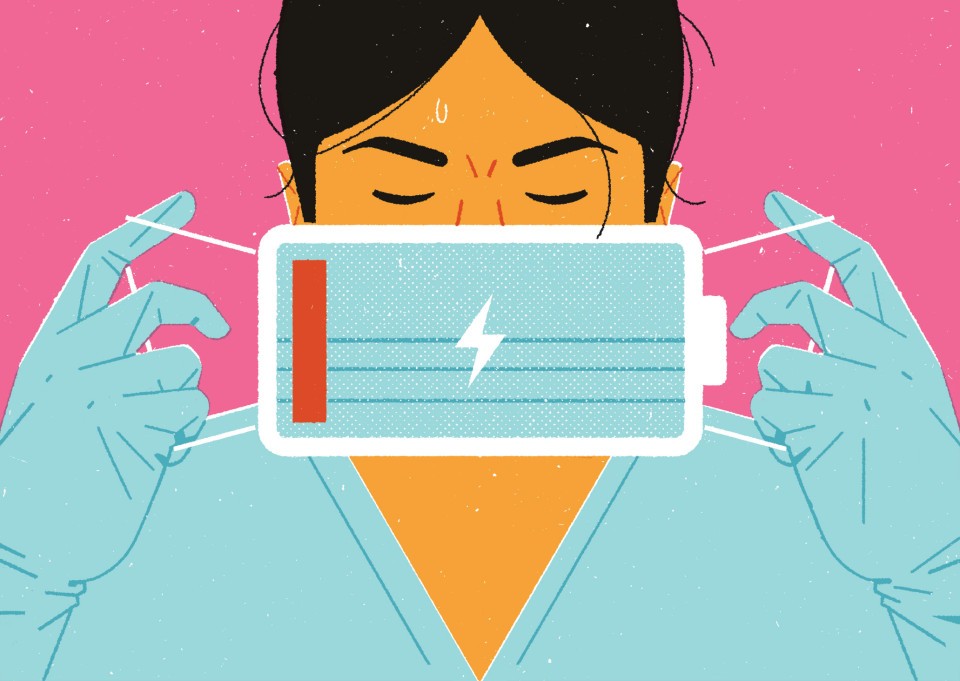
Stress, exhaustion, strikes, turnover — the nursing field has been through the wringer. Something needs to change. Read more …
The 2023 Top Doctors List
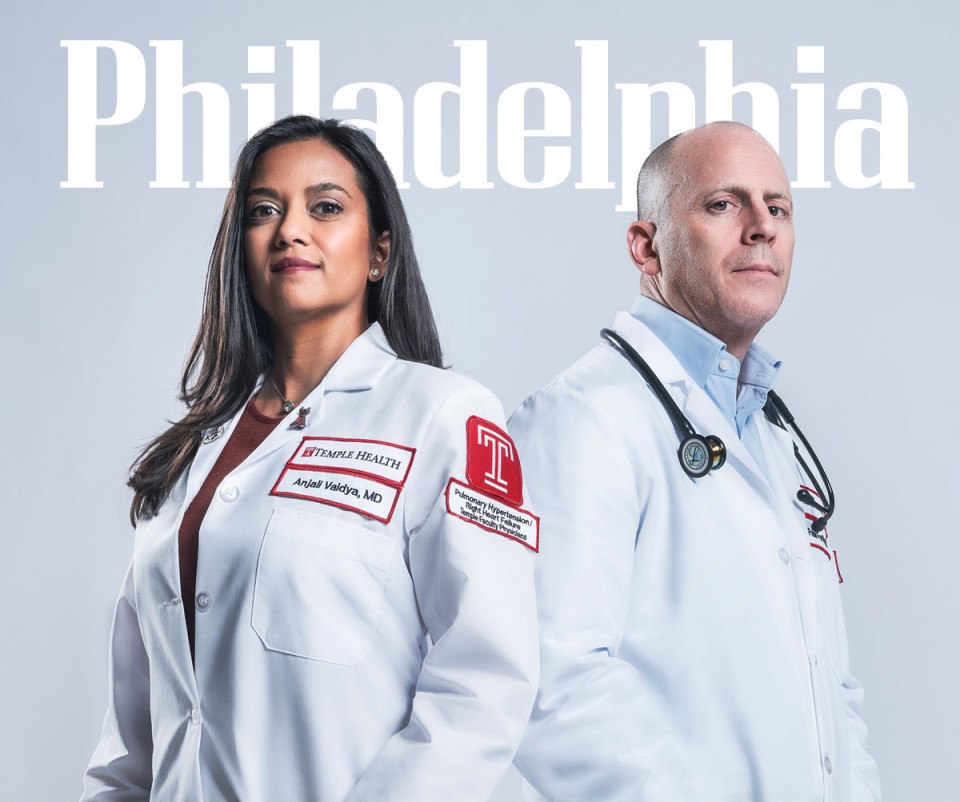
Temple University Hospital cardiovascular physicians Anjali Vaidya and Paul Forfia are just two of 2023’s Top Doctors in Philadelphia. / Photograph by Linette and Kyle Kielinski
Our all-new list: the 2,812 best physicians in the Philadelphia region, as chosen by their peers. Read more …
Published as “Condition: Critical” in the May 2023 issue of Philadelphia magazine.


